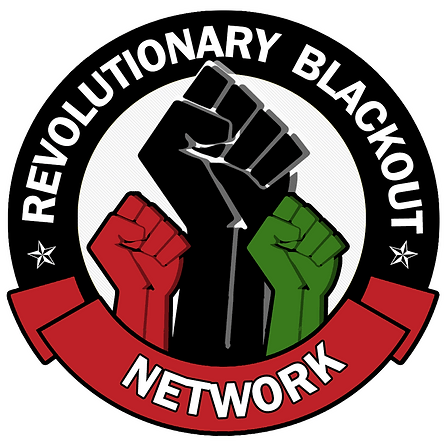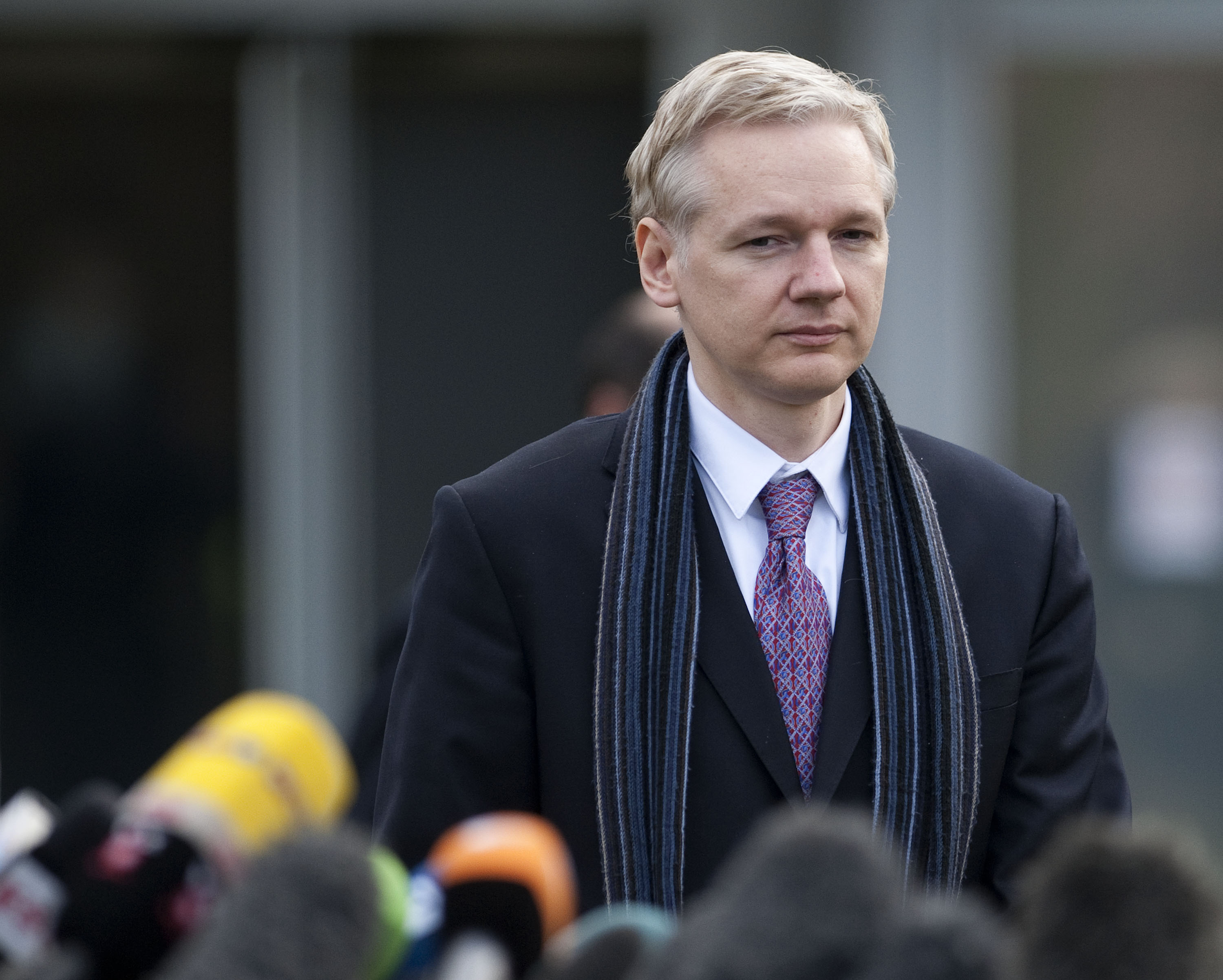Two of us, Ellsberg and Noam Chomsky, testified for Assange at his extradition hearing last year. In Ellsberg’s words then, the WikiLeaks publications that Assange is being charged for are “amongst the most important truthful revelations of hidden criminal state behavior that have been made public in U.S. history.” The American public “needed urgently to know what was being done routinely in their name, and there was no other way for them to learn it than by unauthorized disclosure.”



deleted by creator
We see the world in different ways.
I see it as exposing corruption within our institutions of power.
I think you see it as, just crimes… and you miss the importance of what these people have risked to inform the public.
It was ground breaking everytime these leaks happen. The problem is that propaganda machines and MSM twist it to lessen the impact everytime. Pitting the common people against those that help see the truth.
edit: words
deleted by creator
I don’t know in which reality you live that state secret takes precedent over criminal activity.
How are you going to handle Trump’s indictments then?
deleted by creator
That I can find two ways to apply this here and get opposing results, I’m curious to know what context you’re sharing this.
Interesting, I don’t see the other one. I meant to imply that this guy seems to like to conflate the law with morality with regards to the outrage over Assange, as if he has not reached the post-conventional stage. “Why are people outraged, he broke the law, you can disagree but the law’s the law.” is how I interpret his thinking, and I think that’s childish.
Maybe you should care about what your government does in foreign countries. Particularly when it is routinely murder and manipulation, as is the case with the U.S. government.
That aside, I invite you on a thought experiment:
Let’s say everyone took your advice and just let the government hide whatever it wanted because it is a “state secret”. Let’s say then the government goes ham and commits a bunch of atrocities. What would stop it from declaring them state secrets to prevent the public from knowing about them?
deleted by creator
US involvement in those countries vs the Kremlin’s invasion of Ukraine are completely different.
Watergate was a state secret.
No ot wasn’t. The break in was not in the name of the US Government. It was in the name of a presidential candidate.
The information given to the reporters was confidential information. I don’t know how to tell you this other than that confidential information held by the government is a state secret. There’s no actual term “state secret”. There’s just public and non-public information and various tiers within that framework.
Yeah you make good points. I think Watergate is still very different because the initial crime wasn’t on behalf of or sanctioned by the government. The wider cover-up was to an extent. I think there is some gray area too. Like you say there is no “state secret”. But when is confidential information held by the government vs individuals within the government holding confidential information? An individual within the government can keep a secret from both the broader government and the public.
The information Felt released wasn’t just something only he knew. It’s simply that it wasn’t enough on its own and no one was chasing down the proper leads due to the coverup in play. The White House is the government. The administration partook in the coverup. Its just fewer people in the government being part of a coverup. Anything that’s illegal is still illegal. The government is behind both, it’s simply a matter of how much and what parts of the government.